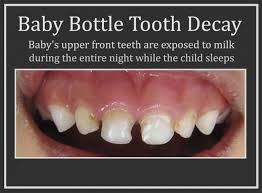Gag Reflex, Begone! 5 Creative Calm-Down Moves for Fearless Dental Visits
July 2nd, 2025
For many patients, the fear of gagging or choking in the dental chair can be as daunting as the treatment itself. Tension in your throat muscles often heightens the gag reflex, making routine cleanings and procedures feel overwhelming. The good news? You can train your body to stay calm. Below are five simple exercises—rooted in both clinical insight and mind-body techniques—to help you relax your throat before your next appointment.
- Diaphragmatic Nasal Breathing
Why it helps: Deep, slow breaths engage your diaphragm, lower stress hormones, and reduce throat tension. Breathing through your nose also minimizes dryness and keeps your throat more relaxed.
How to do it:
• Sit upright with a straight spine.
• Place one hand on your abdomen and the other on your chest.
• Inhale slowly through your nose for a count of four, feeling your abdomen expand under your hand.
• Pause for two seconds.
• Exhale gently through your nose for a count of six, drawing your abdomen in.
• Repeat for 2–3 minutes, focusing on the rise and fall of your belly. - Tongue Exposure (“Desensitization”) Exercise
Why it helps: Gradual, controlled contact at the back of your tongue can retrain hypersensitive nerves and diminish gag impulses over time.
How to do it:
• In front of a mirror, open your mouth wide.
• Extend your tongue as far out as is comfortable and hold for 5 seconds.
• Gently touch the back one-third of your tongue with a clean fingertip or the handle of a toothbrush for 3–5 seconds.
• Withdraw and rest for 10 seconds.
• Repeat the touch–rest sequence 5–10 times, once or twice daily, gradually moving slightly closer to your throat if you remain comfortable. - Soft Palate Stretch (Yawning Mimic)
Why it helps: Stretching the soft palate relaxes the muscles at the roof of your mouth, reducing the sensitivity that triggers gagging.
How to do it:
• Sit or stand with good posture.
• Imagine you’re about to yawn widely—open your mouth and let the back of your throat drop.
• Place your tongue on the floor of your mouth.
• Hold the “yawn” position for 5 seconds, breathing gently.
• Release and relax for 5 seconds.
• Repeat 5 times, focusing on keeping the throat muscles loose rather than forcing the stretch. - Progressive Throat Muscle Relaxation with Guided Imagery
Why it helps: Combining muscle release with calming mental images diverts your focus and reduces physical tension around the pharyngeal reflex.
How to do it:
• Close your eyes and take three slow diaphragmatic breaths.
• Tense the muscles around your throat by swallowing hard and holding for 3 seconds.
• Release the swallow, imagining your throat opening like a curtain.
• Visualize a peaceful scene (for example, floating on gentle waves or lying in a warm meadow).
• Continue for 2–3 minutes, returning your attention to your breath and the sensation of a soft, open throat. - P6 Acupressure Point Stimulation
Why it helps: Pressing the P6 (Neiguan) point on the inner wrist has been shown to reduce nausea and gagging by modulating neural pathways.
How to do it:
• Locate the P6 point: on your inner forearm, three finger-widths down from your wrist crease between the two tendons.
• Use your thumb to apply firm, steady pressure for 1–2 minutes.
• While holding, continue diaphragmatic breathing.
• Switch to the other wrist and repeat.
Putting It All Together
In the days leading up to your appointment, practice these exercises once or twice daily. On the day of treatment, spend 5 minutes on your favorite combination to calm your throat. Over time, you’ll find that these simple techniques help you feel more in control—transforming dental visits from a source of dread into just another part of your wellness routine.
Ready to conquer your fear of gagging? At Dentistry by Design, Dr. Ionescu and our team are committed to making your visit as comfortable as possible. Call us today at 916-685-4662 to schedule a consultation or discuss additional comfort options tailored to you.

 Visit your dentist regularly — We recommend exams every 6 months, which include oral cancer screenings.
Visit your dentist regularly — We recommend exams every 6 months, which include oral cancer screenings. Call us at (916) 685-4662
Call us at (916) 685-4662 Learn more at
Learn more at 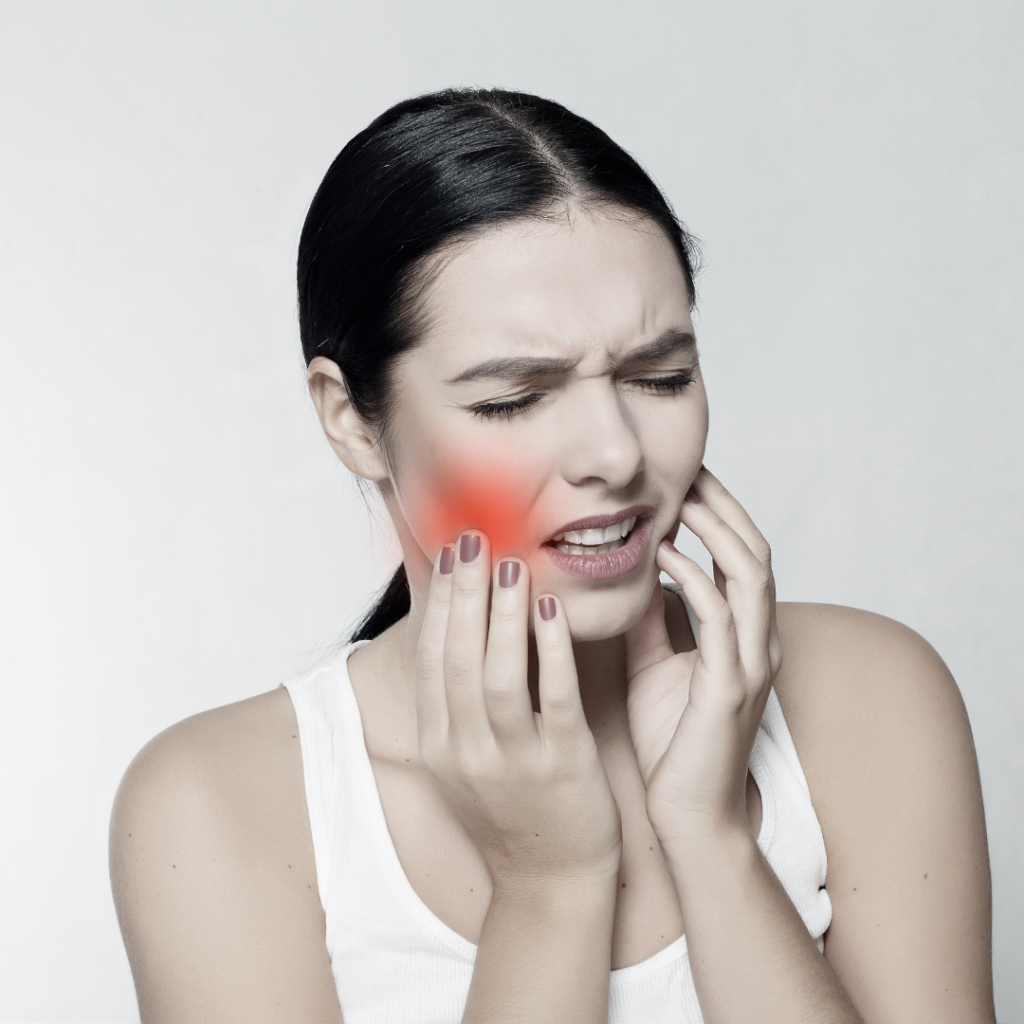




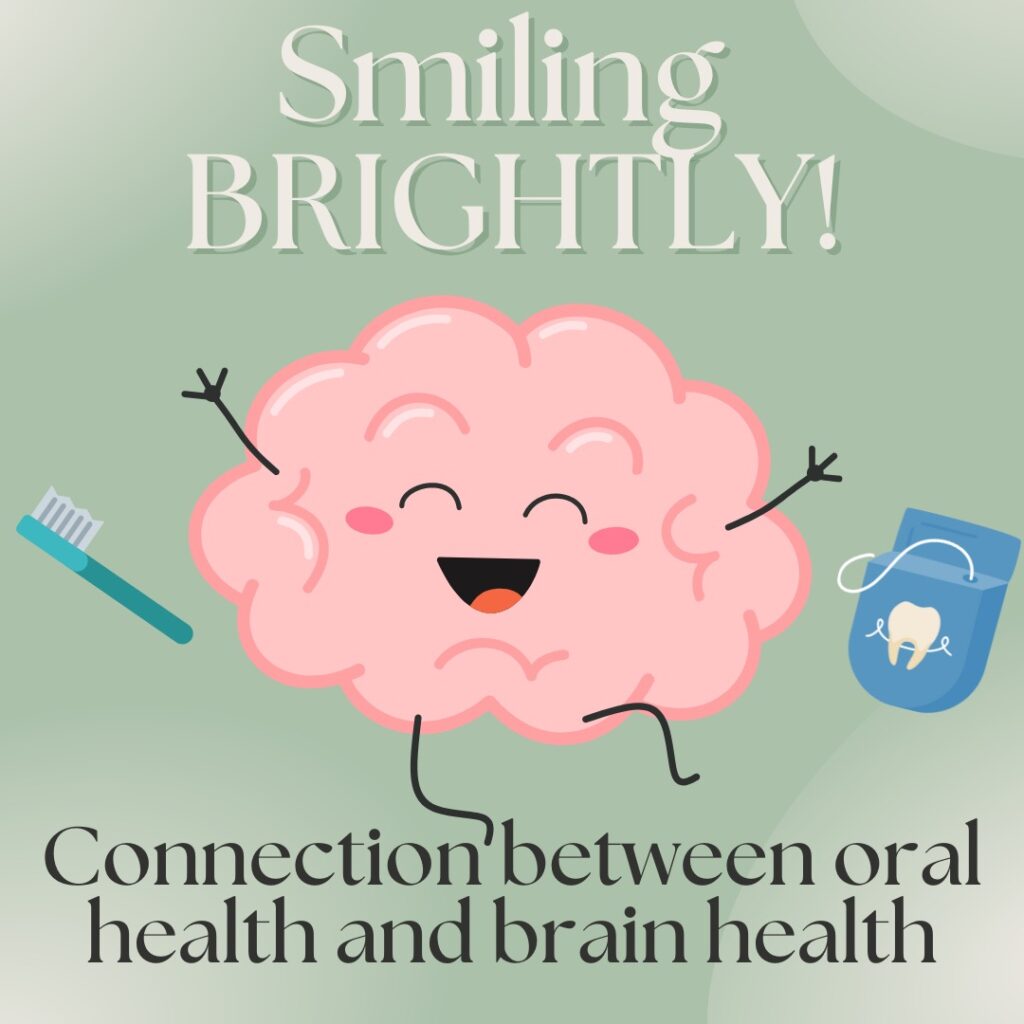
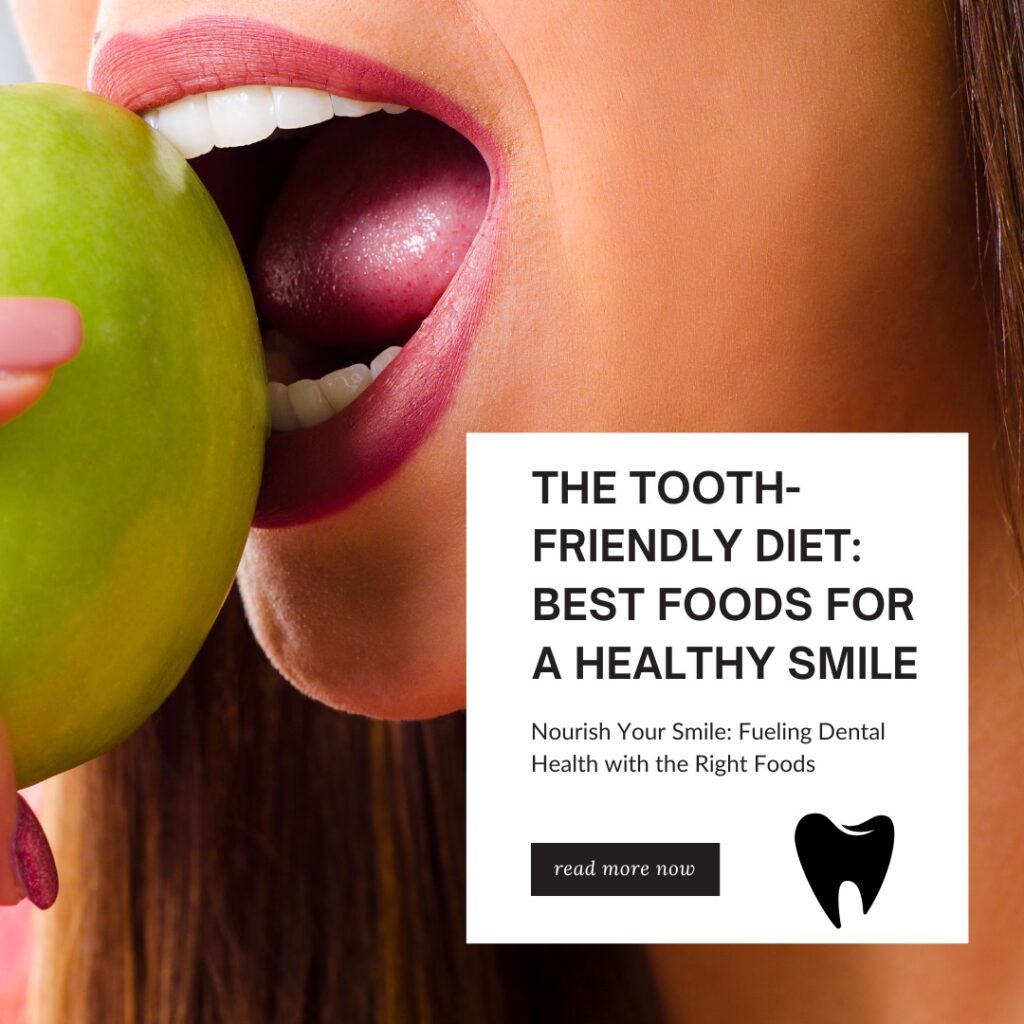

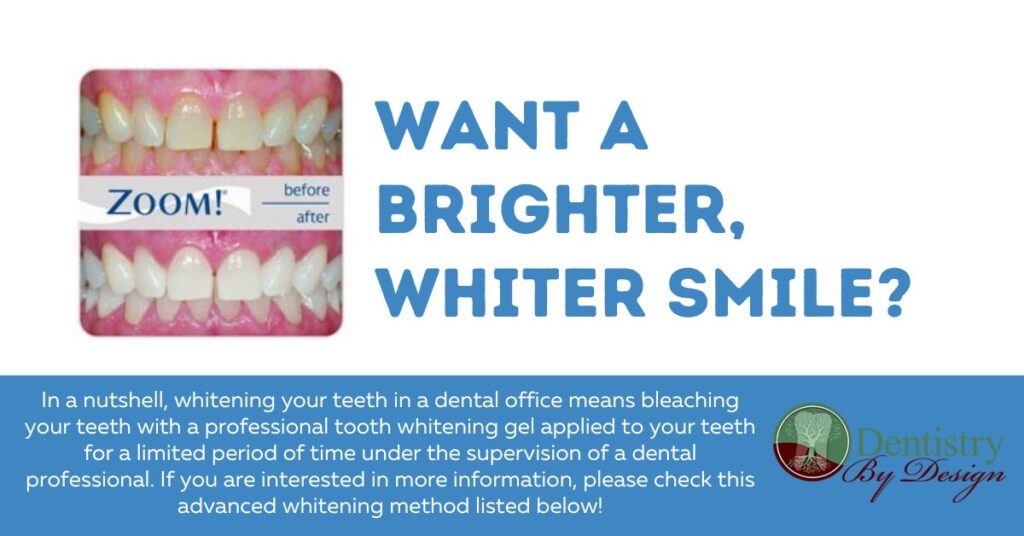
 Christmas gingerbread man and hot drink[/caption]
Christmas gingerbread man and hot drink[/caption]
